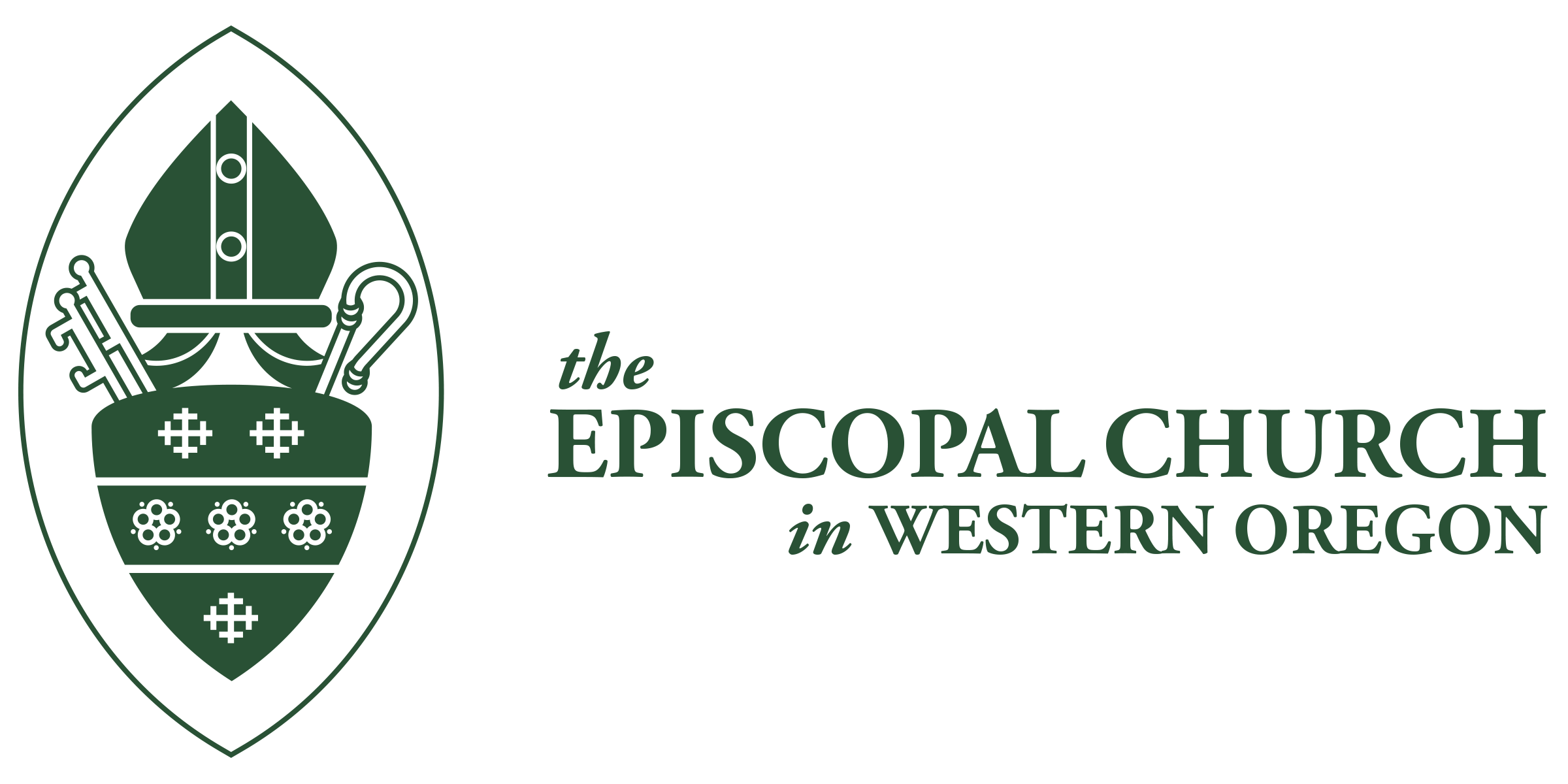With this document, I wish to update you concerning the policies and practices that will govern our ministry related to marriage of same-sex couples and the blessing of gay and lesbian couples in lifelong covenant relationships in the Episcopal Diocese of Oregon.
As a result of General Convention legislation in 2012, various theological, pastoral, liturgical and canonical resources were approved for use and study in the blessing of same-sex relationships. I commend the full range of resources to you, which are available now from Church Publishing, Inc.
General Convention authorized for provisional use “The Witnessing and Blessing of a Lifelong Covenant” from “Liturgical Resources I: I Will Bless You and You Will Be a Blessing” beginning the First Sunday of Advent 2012, under the direction and subject to the permission of the bishop exercising ecclesiastical authority. By way of this document, I am authorizing the use of this liturgy for clergy canonically resident in Oregon. Clergy licensed to serve in Oregon also have my permission to use this liturgy provide you also have the approval of your canonical bishop. At this time this will be the only liturgy approved for use in the Diocese of Oregon for the blessing of the covenanted relationships of same-sex couples. The marriage liturgy from the Book of Common Prayer is not authorized for use with same-sex couples.
With this document, clergy are permitted to sign civil marriage licenses OR to have a state official (e.g., Justice of the Peace, Judge) do so, while the clergy person presides at the liturgical blessing. Clergy are not required to officiate at any wedding, or blessing service, whether it is a same sex couple or an opposite sex couple. I do request that if you are approached by a same sex couple who desire to be married or receive a blessing in the church and are unable to support them based on theological grounds that you refer that couple to a colleague who can.
If you do choose to sign civil marriage licenses, you may wish to adapt the liturgy to reflect the fact that the couple, in addition to receiving a blessing on their covenant relationship, is also being married according to the laws of the State of Oregon. Such adaptations to the liturgy are permitted when authorized by the Bishop Diocesan. To facilitate such requests, I am hereby authorizing two adaptations to the liturgy, when the clergy person is also signing the civil marriage license.
The Opening address to the assembly, may be adapted as follows:
Dear friends in Christ,
we have gathered together today
to witness N. N. and N. N. publicly committing themselves to one another
in marriage according to the laws of the State of Oregon,
and, in the name of the Church, to bless their union:
a relationship of mutual fidelity and steadfast love,
forsaking all others,
holding one another in tenderness and respect,
in strength and bravery,
as long as they live.
You may also adapt the Pronouncement as follows:
Inasmuch as N. and N. have exchanged vows of love and fidelity
in the presence of God and the Church,
I now pronounce that they are bound to one another
in a holy covenant,
as long as they both shall live
and united in marriage according to the laws of the State of Oregon. Amen
I am open to discussing with you these adaptations, or others you may discover are pastorally appropriate in your use of this liturgy. For now, these are the only two approved adaptations. Others will necessitate conversation with me in advance.

